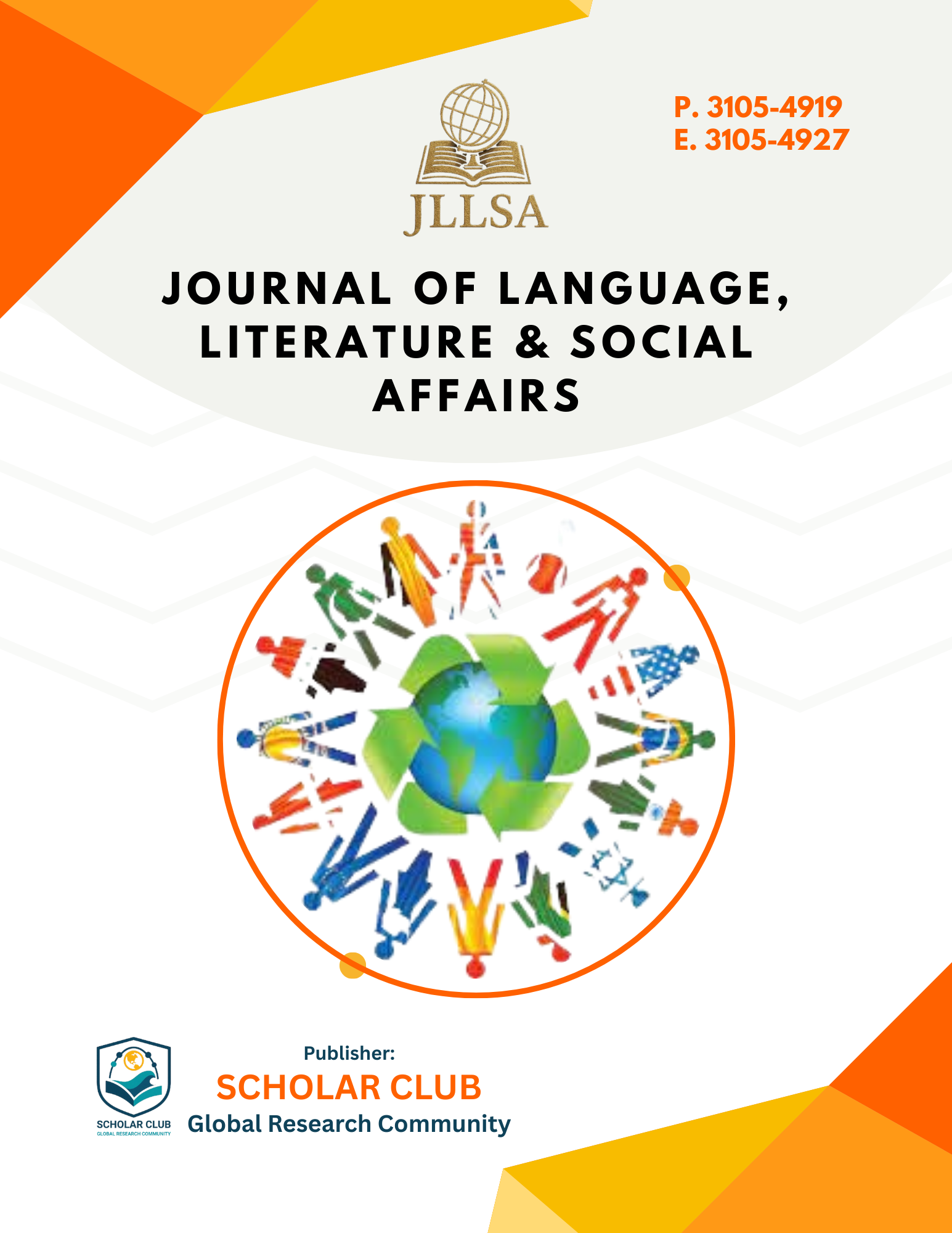Balancing the Dionysian and Apolline: A Nietzschean Study of Dicken’s Thomas Gradgrind and Doyle’s Sherlock Holmes
DOI:
https://doi.org/10.63056/jllsa.1.4.2025.71Keywords:
balanced art, Apollonian and Dionysian, rationality and emotionality, veils of maya, fallibility, perfectionAbstract
The balance between rationality and emotionality is as important as the harmonious occurrence of day and night: the absence of any of them can lead on to destruction. The research paper explores the inevitability of emotionality along with rationality through the application of the concept of balanced art, given by Friedrich Nietzsche in The Birth of Tragedy on the novels Hard Times and The Sign of the Four; and the short stories “The Adventure of the Blue Carbuncle” and “The Red-headed League.” Through the comparative analysis of Thomas Gradgrind in the novel Hard Times and Sherlock Holmes in the Sherlock Holmes Series, the researcher has tried to highlight that for creating a balanced art and to lead a balanced life, emotionality is as necessary as rationality. In the words of Nietzsche, the Dionysian features are as essential as are the Apolline.
Downloads
Published
How to Cite
Issue
Section
License
Copyright (c) 2025 Gul Rukh Fatima, Inam Ullah

This work is licensed under a Creative Commons Attribution 4.0 International License.







